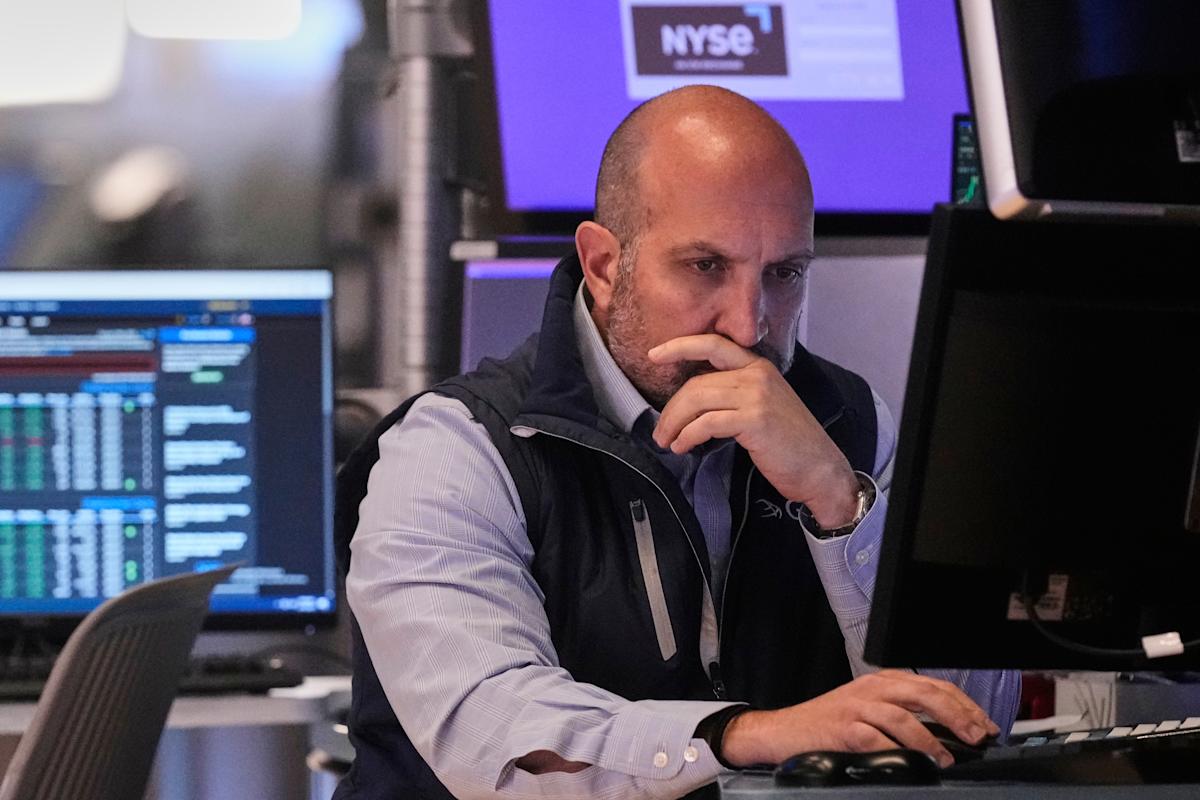US stock futures exhibited a notable ascent on a recent Monday, hinting at a potential recovery as the aftershocks of the Israel-Iran conflict began to diminish. This came despite a concerning exchange of missile strikes that occurred over the weekend, which initially rattled market sentiments. Futures for the Dow Jones Industrial Average and the S&P 500 both appreciated by around 0.4%, while contracts tied to the Nasdaq 100 saw an uplift of 0.5%. This movement is seen as cautious optimism from investors, especially after a derisive Friday session where the Dow plunged over 700 points in a sweeping risk-off trend.
In tandem, oil prices exhibited a slight decline following a dramatic spike due to the recent hostilities. Previously, oil prices surged to heights not seen since January, with West Texas Intermediate futures increasing over 6% to cross the $76 per barrel mark. However, upon the opening of markets on Monday, Brent crude was reported below $74 a barrel, and WTI was around $72, reflecting a drop of almost 1%.
This geopolitical disturbance has landed the market at a precarious junction, exacerbating existing issues such as tariff insecurities. Friday’s significant selloff pushed major US indexes into negative territory for the week, leaving investors on edge. The atmosphere is still thick with uncertainty, and the volatility is magnified by the fragility of the global economic landscape.
Yet, amid this tumult, investors appear to be regaining some appetite for risk. There is a growing sentiment that the Israel-Iran skirmish may not escalate into a broader regional conflict. In a press interaction, President Trump expressed optimism, remarking that there is a “good chance” for a peace agreement between Israel and Iran, though he noted that some fighting might need to unfold first. “Sometimes they have to fight it out, but we’re going to see what happens,” he stated.
The oil market also appears to be settling, although the specter of potential global energy supply disruptions lingers. There are troubling signs, with Tehran suggesting it might close the Strait of Hormuz, a critical artery through which about one-fifth of the world’s oil supply flows. This uncertainty has naturally caused jitteriness among investors, who remain wary of how geopolitical conflict could affect oil prices and, by extension, global trade.
Interestingly, the retreat of oil prices has provided some breathing room for other commodities as well. Gold, a traditional safe-haven asset, also receded from its highs after experiencing a surge alongside the oil market due to heightened volatility. On Monday, gold traded lower at approximately $3,435 an ounce.
Looking forward, investors are keenly awaiting insight into economic resilience through the New York Federal Reserve’s Empire State Manufacturing Survey data expected this Monday. This survey may provide valuable indicators of economic strength or weakness ahead of an impending interest rate decision from the Federal Reserve set for Wednesday.
The markets widely anticipate that the Fed will choose to hold interest rates steady, though rising oil prices could present challenges in their journey toward managing inflation. President Trump has consistently pressurized Fed Chair Jerome Powell to implement rate cuts; however, current market dynamics might leave little room for movement in this regard.
As volatility continues to govern market sentiments, it’s essential for investors to approach the landscape with caution, weighing both geopolitical signals and economic data as they make decisions. The interplay between the Israel-Iran conflict and its implications for global oil markets remains particularly significant in this context. Each day brings new developments, reminding us of the complex interplay between international relations, economic variables, and market performances.
In summary, while the climbing stock futures indicate a flicker of hope for a market rebound, the geopolitical conflicts demand continued vigilance. Investors should remain aware of the evolving dynamics that could impact their portfolios, ensuring they stay informed and prepared to respond promptly to new information. As the global landscape unfolds, the resilience of markets will be tested, and those who navigate these waters with a clear understanding of current events—particularly the troubled relationship between Israel and Iran—will stand a better chance in the ever-shifting financial world.
Source link










